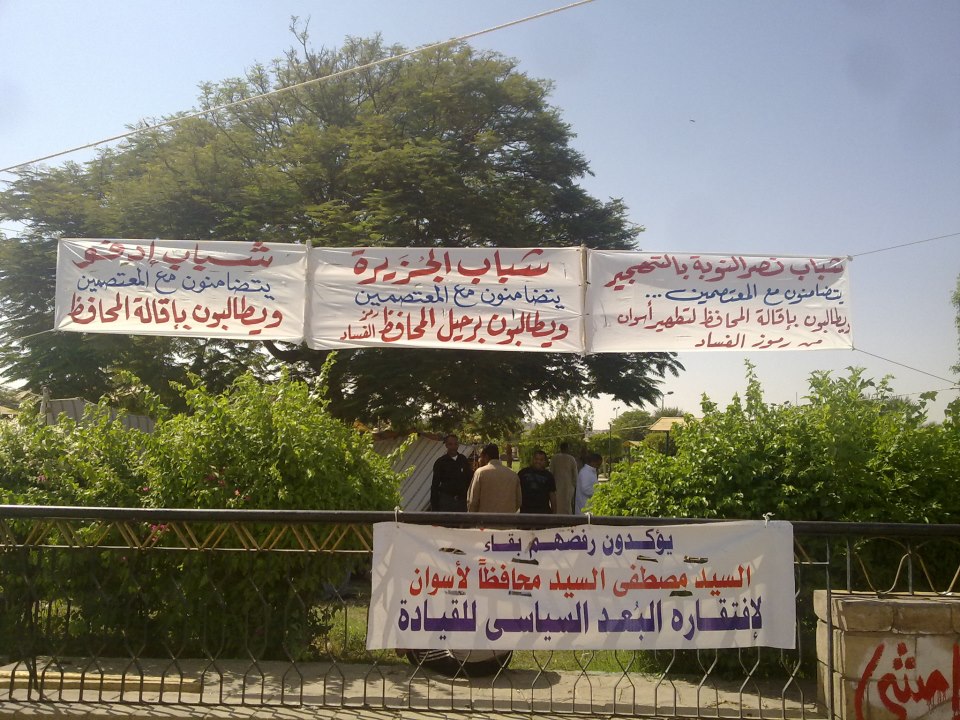Seminar participants advocate revision of oppressive laws throughout the region
CAIRO: The Association of Freedom of Thoughts and Expression presented a two-day seminar at the Development Support Center in Cairo to discuss and debate the deteriorating state of freedom of civil society organizations in the Arab region.
Political analysts, activists, and members of various political parties from Egypt, Yemen, and Syria among other Arab nations raised serious concern about the oppressed state of civil society and human rights organizations in the Arab world.
The Emergency Law is violating the rights of the Egyptian people. Human rights organizations face severe difficulties when attempting to register, it is almost impossible for political opposition parties to form, and unions and syndicates have to go through a vigorous and discriminating registration process as well, Ibrahim of the Muslim Brotherhood says.
Under the current law, the authorities even have the right to arrest you and your friends in the street if you have gathered more than five people. The government is performing systematic aggression against activist organizations. It is ridiculous, he adds. According to Syrian activist Hassan Khori, both Egypt and Syria have been very clever in regards to drafting laws that oppress and restrain the activities of civil society organizations.
The Syrian and Egyptian governments are able to implement these restrictive laws because they argue that it is something natural that protects the people of the nation, Khori says.
The clause on freedom of expression in the Syrian constitution is not implemented in reality. People are just protected on paper in my country, he continues.
Khori also argues that civil society organizations in Syria are restrained from spurring societal changes under the current law.
In Syria, only 10 new civil society organizations have been established since the start of the Baathist rule in 1964. Most of them are cultural or charity agencies and so they shouldn t even be called civil society or activist organizations since they can t do any substantial work, Khori sighs.
Furthermore, Khori claims that the Syrian government has no understanding of the difference between a civil society, or a human rights group, and political activists.
The Syrian authorities think human rights activists have the same agenda as political activists from the opposition party, which makes them restrain the abilities of civil society organizations, Khori stresses in his research paper.
A conference attendee from Yemen agrees and says, The government usually takes a copy of the Egyptian laws and just changes the name of the country. I believe this is a widespread phenomenon in Arab nations. It doesn t only happen in my country.
We are very happy with the turnout at the conference. As you can see, there is a wide variety of political analysts and activists from a number of Arab nations here to attend. The oppression of civil society in Arab nations is a serious issue that needs to be addressed and dealt with. The authorities in Arab nations need to abolish these restrictive laws, commented Mohamed El-Agati, executive manager of the Development Support Center in Cairo.
